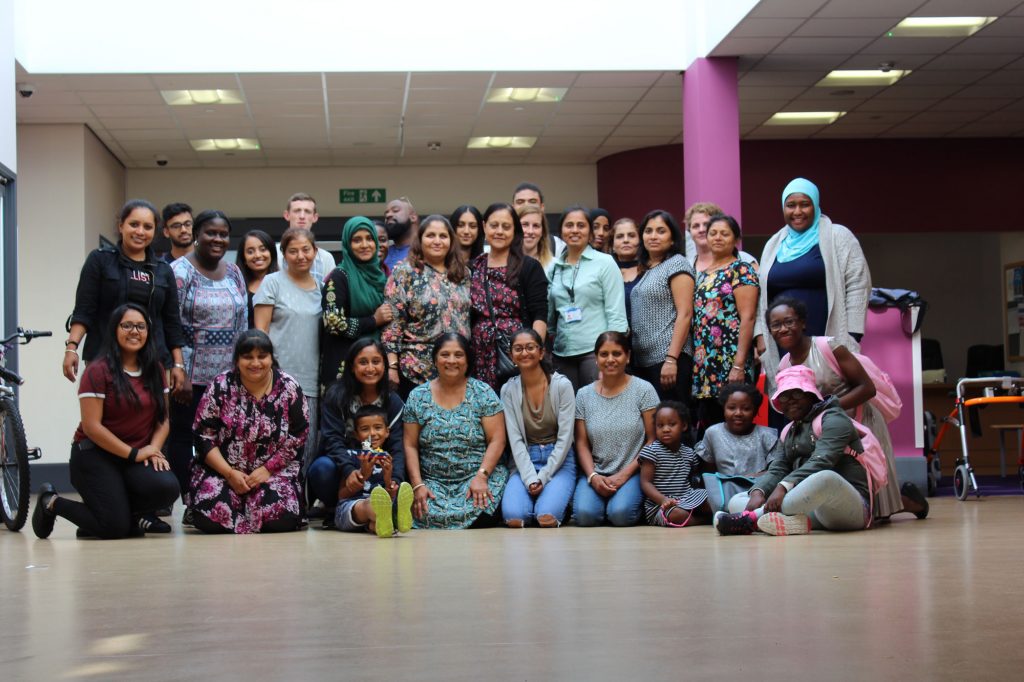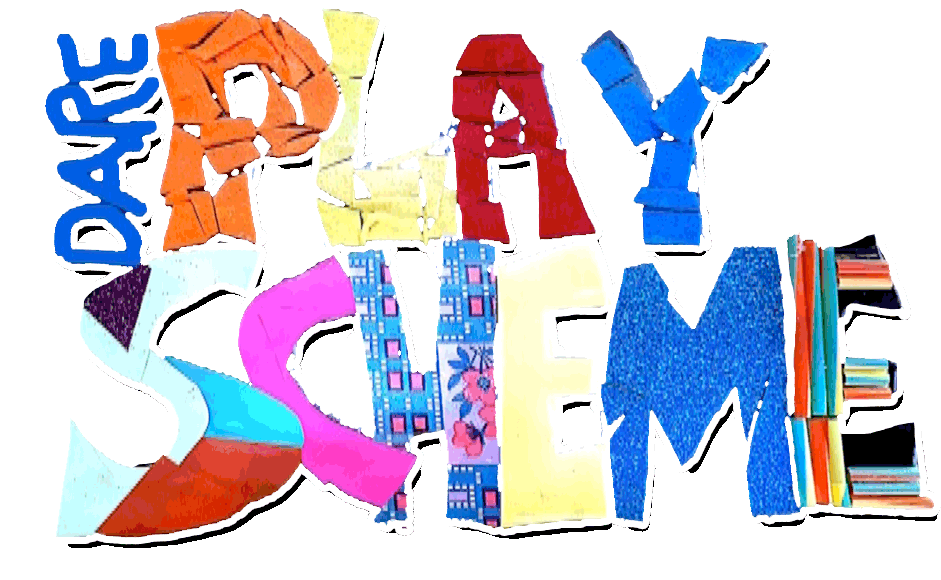D.A.R.E
Discovery • Adventure • Recreational • Educational
Supporting SEN children to learn through play in a secure environment
 DARE was started on the 21st of May 2016 at The Village School, to provide respite for parents/carer and also to provide an environment where children and young people can learn in a fun, relaxed, safe and secure place. This can be funded by Direct Payment, privately funded or funded by the local authority.
DARE was started on the 21st of May 2016 at The Village School, to provide respite for parents/carer and also to provide an environment where children and young people can learn in a fun, relaxed, safe and secure place. This can be funded by Direct Payment, privately funded or funded by the local authority.
We provide services for children and young people in Barnet Council, Brent Council, Harrow and Hillingdon Council. We are open to all other councils as well.
How our organisation support children and young people to achieve positive outcomes
The DARE’s motto is ‘Think child, think parent, think family’ which underpins how we develop new solutions to improve and achieve positive outcomes.
There is substantial and growing evidence that developing social and emotional capabilities supports the achievement of positive life outcomes, including educational attainment, employment and health.
The DARE Organisation (DISCOVERY, ADVENTURE, RECREATIONAL, EDUCATIONAL) believes that they are able to support the development of social and emotional skills for their clients which in turn supports future positive life outcomes through providing a welcoming, safe, play environment where the children and young adults (clients) can make choices, have access to play materials and activities of various kinds and be encouraged to have play companions – both children and adults.
At DARE we aim to give our clients a wide range of exciting play opportunities that meet all of their developmental needs through opportunities for:
Social development
We encourage and support our clients to learn to make good relationships and practise social interactions. Playing with friends helps learning about give and take, negotiation and co-operation.
Physical development
We encourage and support our clients to develop co-ordination, strength and agility through a wide range of physical activities including on site swimming, football, use of soft play, PE / trampoline.
Intellectual challenge
We encourage and support our clients to engage in play which stimulates them to think, learn and be inspired. It helps them gain information and knowledge. When playing, children set up problems for themselves and check out whether they have come up with the right solutions.
Creative and Cultural play
We encourage and support our clients to follow up their imagination, ideas and instincts. They can explore materials and develop their skills. Through play they can explore their identity and build self-esteem and self-belief.
Environmental /Emotional development
We encourage and support our clients to understand, recognise and deal with their feelings and emotions through play.
Through play they can come to terms with difficult situations, by going over them again and again or by taking on different roles. Children can find security and safety through play.
Independence
We encourage and support independence by giving them choices in the activities they partake in, this can have a positive impact in their decision-making skills. We do this by analysing and breaking down the activity beforehand and we use visual cues to support our clients during the activities.
Inclusion – How our organisation ensures that our provision is inclusive
DARE believes it can make inclusion work, it is a journey and no one day will be the same as the next. It takes a holistic approach with everyone pulling together with determination, imagination and creative thinking to ensure that our clients can play and take part in things others may take for granted. As stated in our motto, we think of each child as a unique individual, we model our services to meet the individual needs whilst ensuring it fits around our key values and ethos. At DARE we do not run a one size fits all services.
The DARE organisation is modelled on twelve Key Features of Inclusion
- At all times we try to ensure that attitudes and behaviour of practitioners, children and parents demonstrate that our clients are part of a wide cross-section of the local community.
- All our activities are led by the interests and enthusiasms of each client who attends and take place with regard to any likes, dislikes and specific needs each client may have.
- Everyone is welcomed on arrival and wished well on departure in a way that suits them
- Our pictures, equipment and resources reflect our clients lives as part of a wide representation of children’s differing backgrounds and experience
- The person in charge is committed to the active participation of children, parents/carers, team members and others to ensure good quality provision and to ensure each individual’s needs are met
- The person in charge has made time to build links with families/school/services for disabled children by becoming directly involved with them as part of a commitment to give all local children and families a genuine choice to be part of the service
- All our staff have had attitudinal training around disability and other equality issues and continue to take part in training about inclusion
- Our sessions are held in accessible, stimulating, user friendly environments, including wheelchair access, lifts, low arousal and calm areas.
- All our staff have or are developing necessary skills to communicate effectively with each child, and encourage all children to develop ways of communicating with each other, including use of Makaton and PECs
- Each client has opportunities for formal and informal consultation so that they can express their views and opinions on sessions they take part in and on the setting as a whole, using whatever communication methods they choose
- Each parent/carer feels welcome and valued as an expert on their child, with a continuing key role in helping practitioners enable their child to take a full part in the setting
- The DARE setting has a vision of what it wants to do; policies and procedures for how it does it; and a process of monitoring and evaluation to see how well it is doing. This includes all who are involved in the setting in a process of continuing reflection on the development.
As the person in charge I am committed to the active participation of clients, staff and parents to ensure good quality provision and to ensure each individual’s needs are met.
I run regular debriefing sessions and regular team meetings to reflect on practise together and to develop future good practise. All staff have had experience and varying degrees of training around disability, equality issues and inclusion.
Safe guarding
We have a safeguarding policy that has been approved during our Ofsted registration process.
Play workers
It is important that the whole team believes in and supports the inclusion and participation of disabled children. In quality staffed inclusive play provision, play workers have undertaken training and professional qualifications and professional development that supports inclusive play. They regularly monitor and evaluate their effectiveness in meeting the play needs of all the children. As part of good practice, play workers share knowledge and skills.
Some play workers have received additional training so that they may be better able to meet the specific requirements of an individual disabled child such as meeting intimate care requirements. However, it is good practice that the whole play work team is able and willing to work inclusively and to recognise that some children may require assistance at specific times to truly access their play need. All play workers and managers of settings should undertake inclusive play work training in order to develop an inclusive ethos; inclusive, policies and procedures; inclusive attitudes and a shared clear understanding of the Social Model of Disability.
Feeding
We have staff that are trained in tube feeding.
